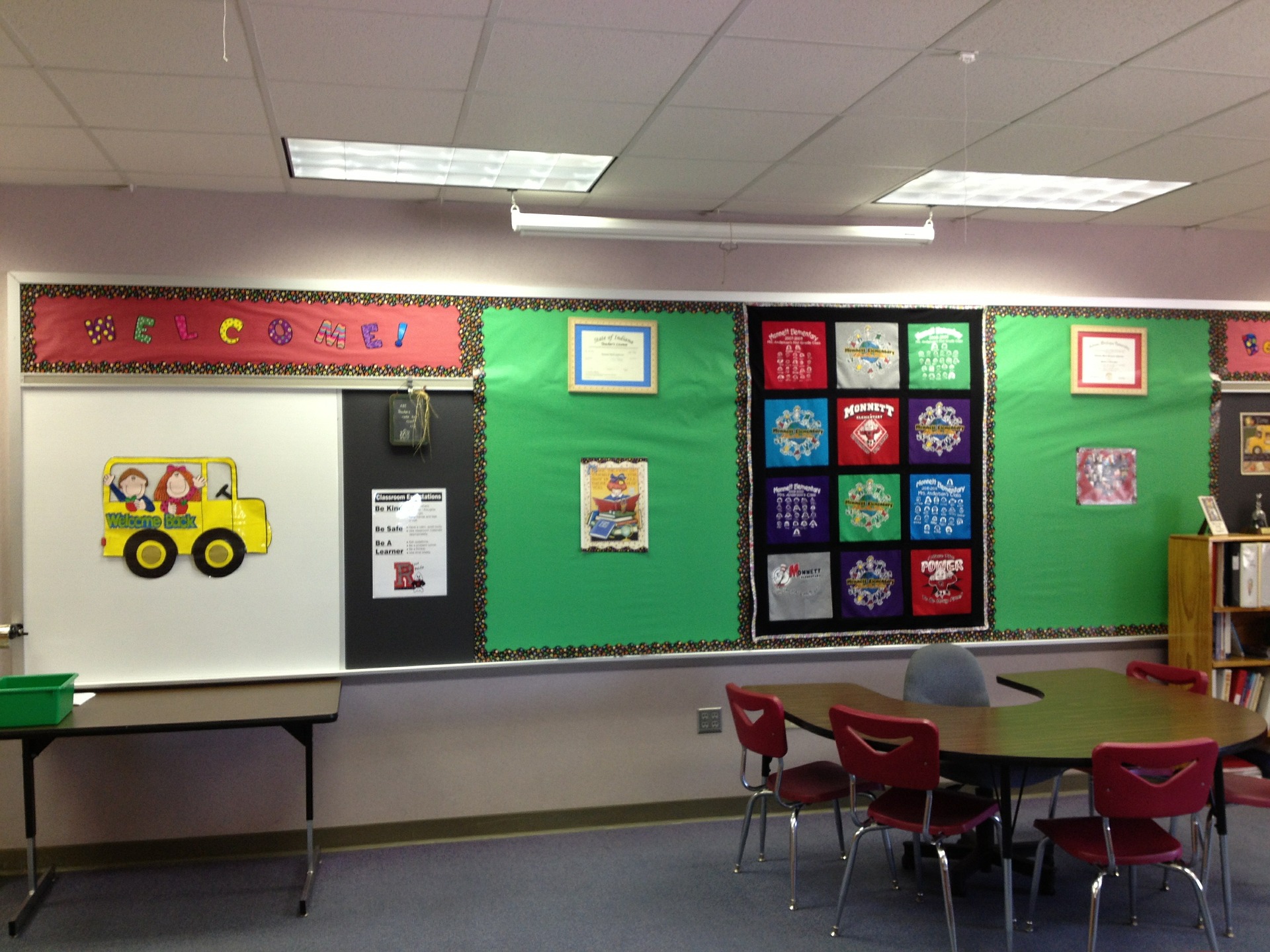The following resources focus on the educational climate and betterment of those serving the K–12 educational community.
What Work-Based Learning Looks Like in Middle School Roughly 90 percent of U.S. parents want their children to learn more about career options earlier in their schooling. Despite this, only a small but growing collection of states have expanded career exploration outside of high school. Research suggests that career exploration is positive for middle school students, based on where they are in their development and their desire to explore through hands-on experiences. With the passage of the Strengthening Career and Technical Education for the 21st Century Act, commonly referred to as Perkins V, states now have an opportunity to use funds to support career exploration for students in grades five through 12 — so long as the programs are sustained interactions with industry or community professionals, as defined under the law. The expansion is a notable shift from Perkins IV, which set the lower limit at grade 7.
The Other Branch: Exploring Cook v. Raimondo A new court case out of Rhode Island is challenging the way we think about the purpose of public education in America. Or is it simply asking us to remember our roots? The federal case argues, on behalf of Rhode Island students, that the state has failed to provide students an education that adequately prepares them to “function productively as civic participants capable of voting, serving on a jury,” and “understanding economic, social and political systems sufficiently to make informed choices.” The plaintiffs argue that this failure violates students’ rights under the U.S. Constitution and should be remedied by state policies that ensure meaningful educational opportunities to prepare capable voters and jurors. In defense of this argument, the complaint contends that schools have “downgraded” social studies and civics and provide few venues for experiential learning and opportunities to learn critical media consumption.
Rural students often go unnoticed by colleges. Can virtual counseling put them on the map? In recent years, a variety of virtual counseling models have popped up, from College Possible’s Navigate program, which operates primarily via phone, text and e-mail, to a pilot from College Advising Corps, debuting this fall at two rural Texas high schools, which relies primarily on video conferencing. In both cases, the counseling is dispensed by recent college graduates, many of whom are doing this work to fulfill their AmeriCorps service. Both programs are a departure from the in-person college advising the organizations provide in suburban and urban areas. (Hechinger Report, June 11)
Arts Education and Social-Emotional Learning Outcomes Among K-12 Students This project, conducted in partnership with Ingenuity, consists of two components: a review of literature on this topic and an interview-based fieldwork component with educators, administrators, students, and parents in Chicago Public Schools. The authors reviewed more than 200 studies on arts education spanning six decades. They also conducted focus groups and interviews with key participants in the arts education process—including educators, administrators, students, and parents—to evaluate evidence of the effects of arts education on social-emotional development in school and after-school settings. They found a widespread belief that arts education contributes to children’s and adolescents’ social-emotional development.
Kansas schools address teacher shortage across state TOPEKA, Kan. (AP) — Kansas education officials are raising pay and fast-tracking various teaching professionals in a two-pronged effort aimed at combating teacher shortages. Last year, Kansas schools had more than 600 vacant positions, many in rural areas and the state’s most urban districts. Low pay has been blamed for much of the trouble attracting and retaining teachers.
2018-19 KIDS Report and Data Now Available The 2018-19 Kindergarten Individual Development Survey (KIDS) report, plus state- and district-level data, are now available! ISBE today released data from the second year of statewide KIDS implementation, which took place at the beginning of this past school year, in fall 2018. This report and data support ISBE’s mission to collect readiness data for all kindergartners in the state.

